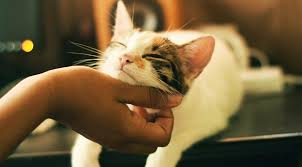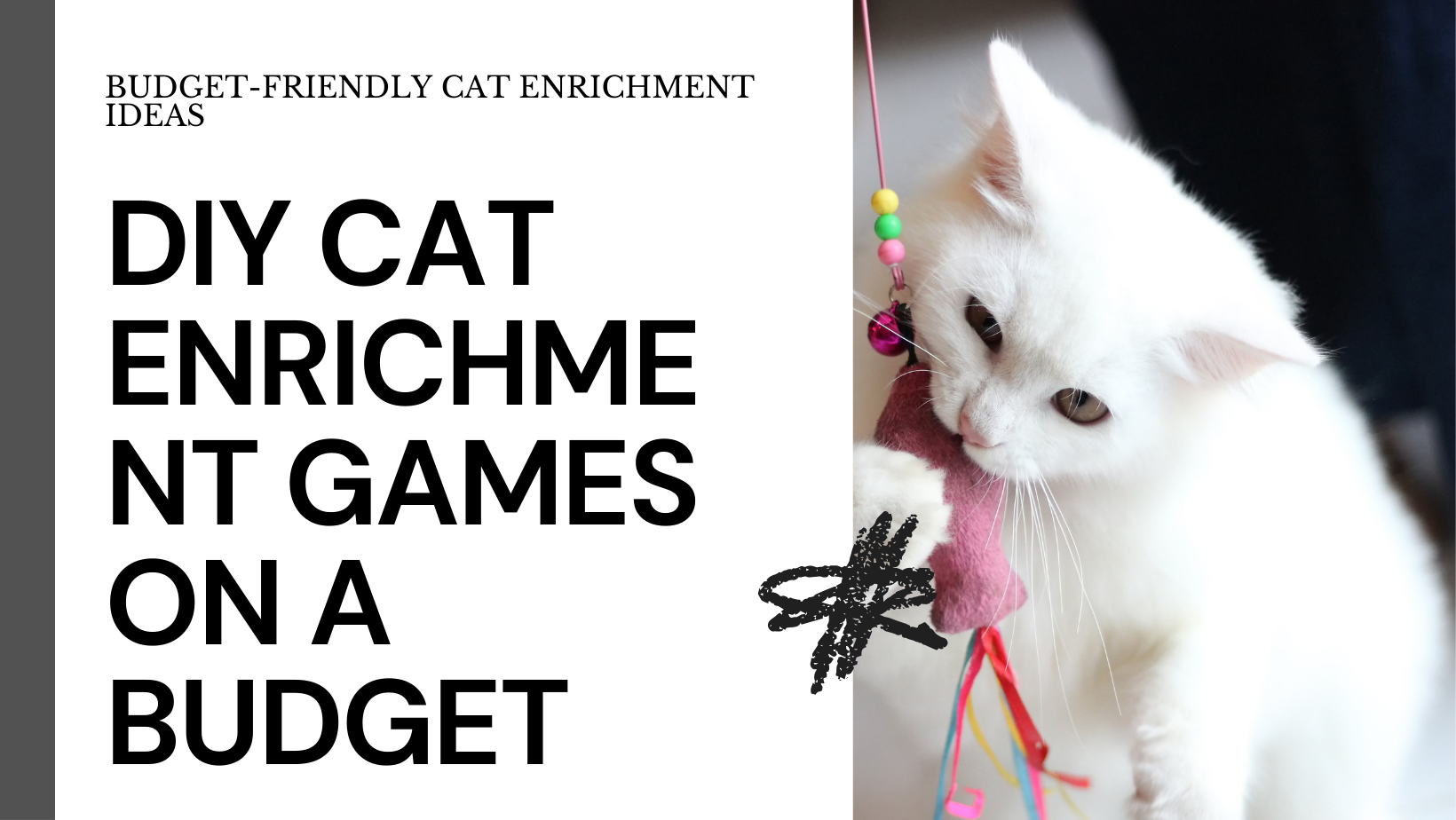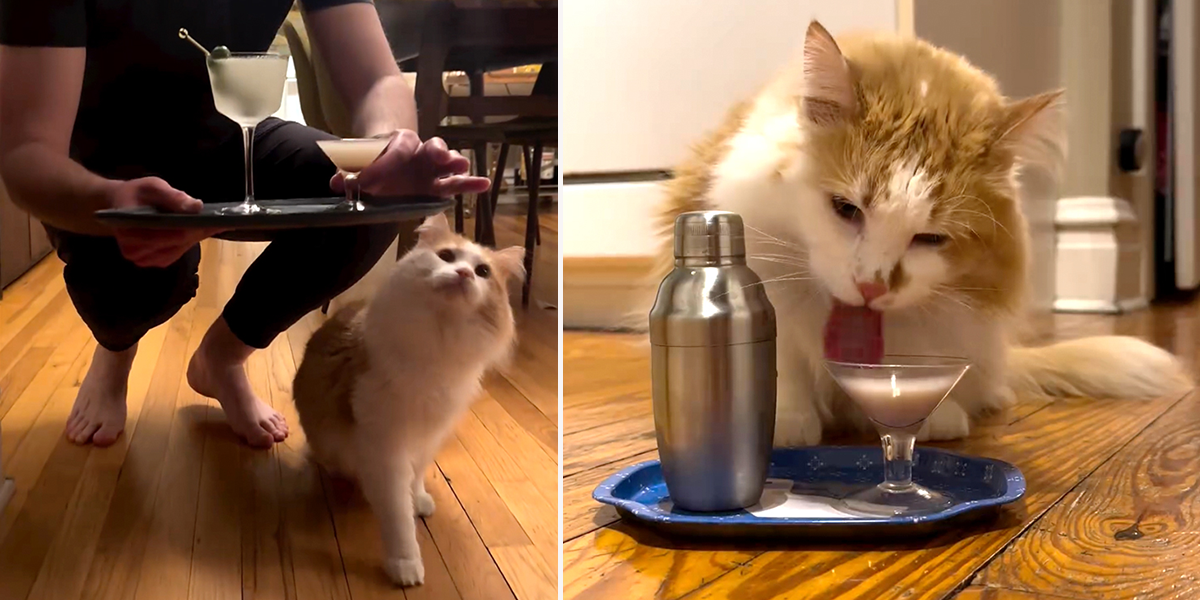Last Updated on March 31, 2024 by Dogs Vets
Choosing the Right Food for Your Cat
Choosing the right food for your cat is crucial for its health, longevity, and overall wellbeing. Cats have specific nutritional needs that differ significantly from dogs or other pets, necessitating careful consideration when selecting their diet.
Here’s a comprehensive guide to help you choose the best food for your feline friend:
1. Understand Cat Nutrition
Cats are obligate carnivores, which means their bodies are designed to thrive on nutrients found in animal products. Key components of a cat’s diet should include:
- High Protein: Essential for growth, repair, and maintenance of body tissues.
- Taurine: An amino acid crucial for heart health, vision, and reproduction.
- Vitamins and Minerals: Specifically Vitamin A, Vitamin D, and arachidonic acid, among others, are necessary for various bodily functions.
- Water: Cats often have a low thirst drive; thus, wet food can be a valuable source of hydration.
2. Consider the Type of Cat Food
- Wet Food: Offers hydration and is often more appealing to cats due to its texture and aroma. It’s especially beneficial for cats with urinary tract issues or those prone to dehydration.
- Dry Food: Convenient and cost-effective, dry food can help maintain dental health by reducing tartar build-up. However, it’s important to ensure your cat has access to plenty of fresh water.
- Semi-moist Food: These foods are less common and can be a good middle ground between wet and dry, though they may contain more artificial colors and preservatives.
3. Look for Balanced and Complete Formulas
Choose foods labeled as “complete and balanced,” meaning they meet the nutritional levels established by the AAFCO (Association of American Feed Control Officials) for cats. This ensures that the food provides all the necessary nutrients in the right proportions.
4. Age and Life Stage Matters
Select a diet appropriate for your cat’s life stage. Kittens, adult cats, and seniors have different nutritional requirements:
- Kittens: Need more protein and calories for growth.
- Adult Cats: Require a balanced diet to maintain healthy weight and energy levels.
- Senior Cats: May need diets with fewer calories to avoid weight gain but more fiber to aid digestion.
5. Special Dietary Needs
Consider any health issues or special dietary needs your cat may have, such as allergies, urinary tract health, or obesity. In such cases, consult your veterinarian for recommendations on therapeutic diets or specific nutrient profiles.
6. Read the Ingredients
Look for foods where the first ingredients are animal-based proteins (e.g., chicken, turkey, fish). Be cautious of foods with excessive fillers, artificial colors, or preservatives.
7. Consult Your Veterinarian
Your vet can provide valuable insights into your cat’s health and recommend diets based on their specific needs, particularly if your cat has medical conditions requiring special nutritional care.
8. Monitor and Adjust as Necessary
Pay attention to how your cat responds to their diet. Signs of a good diet include a healthy weight, energy levels, and a shiny coat. If your cat experiences digestive issues or doesn’t seem to enjoy their food, be prepared to adjust accordingly.
9. Consider Variety
Introducing variety can help prevent your cat from becoming too picky and ensures they get a range of nutrients. This can mean rotating between different flavors or types of food.
Choosing the right food for your cat involves a combination of understanding their nutritional needs, considering their life stage and health status, and observing their preferences and reactions to different foods.

Always prioritize quality and consult with a veterinarian when in doubt, ensuring your cat enjoys a healthy, balanced diet tailored to their unique needs.
Conclusion
Choosing the right food for your cat involves a combination of understanding their nutritional needs, considering their life stage and health status, and observing their preferences and reactions to different foods.
Always prioritize quality and consult with a veterinarian when in doubt, ensuring your cat enjoys a healthy, balanced diet tailored to their unique needs.
FAQ’S
Here are the top 5 questions and answers to guide you in selecting the best diet for your feline friend:
1. What should I look for in high-quality cat food?
Answer: High-quality cat food should have a high protein content from animal sources as the primary ingredient.
Look for foods containing essential amino acids like taurine, vitamins (especially Vitamin A and D), minerals, and a source of water for hydration.
The label should indicate that the food is “complete and balanced,” meeting the nutritional levels established by the AAFCO. Avoid foods with excessive fillers, artificial colors, or preservatives.
2. How do I choose between wet, dry, and semi-moist cat food?
Answer: The choice between wet, dry, and semi-moist cat food depends on your cat’s health, dietary needs, and preferences. Wet food is beneficial for hydration and is often more palatable for cats. Dry food can be more convenient and help with dental health.
Semi-moist food might be appealing but can contain more artificial ingredients.
Consider your cat’s specific needs, such as urinary health or a tendency to dehydration, when making your choice.
3. Is it necessary to feed my cat a diet based on their life stage?
Answer: Yes, feeding your cat a life stage-appropriate diet is crucial.
Kittens require diets high in protein and calories for growth, adult cats benefit from a balanced diet to maintain health and vitality, and senior cats may need lower-calorie diets or more fiber to support their aging bodies.
Adjusting your cat’s diet as they age ensures they receive the proper nutrients for their specific life stage.
4. Can I give my cat a vegetarian or vegan diet?
Answer: Cats are obligate carnivores, meaning their bodies are designed to digest and use nutrients from animal sources.
A vegetarian or vegan diet does not provide all the essential nutrients cats need, such as taurine, which is critical for heart health, vision, and reproduction. Feeding cats a vegetarian or vegan diet can lead to serious health issues and is generally not recommended.
5. How often should I change my cat’s diet?
Answer: While consistency is key to preventing digestive upset, introducing variety into your cat’s diet can be beneficial, especially to prevent food boredom and ensure they receive a range of nutrients.
Any diet change should be done gradually over a period of 7-10 days by mixing the new food with the old to avoid stomach issues.
Always monitor your cat’s response to a new diet and consult with your veterinarian if you’re considering significant dietary changes, especially for cats with specific health needs.
Fact Check
We strive to provide the latest valuable information for pet lovers with accuracy and fairness. If you would like to add to this post or advertise with us, don’t hesitate to reach us. If you see something that doesn’t look right, contact us!























